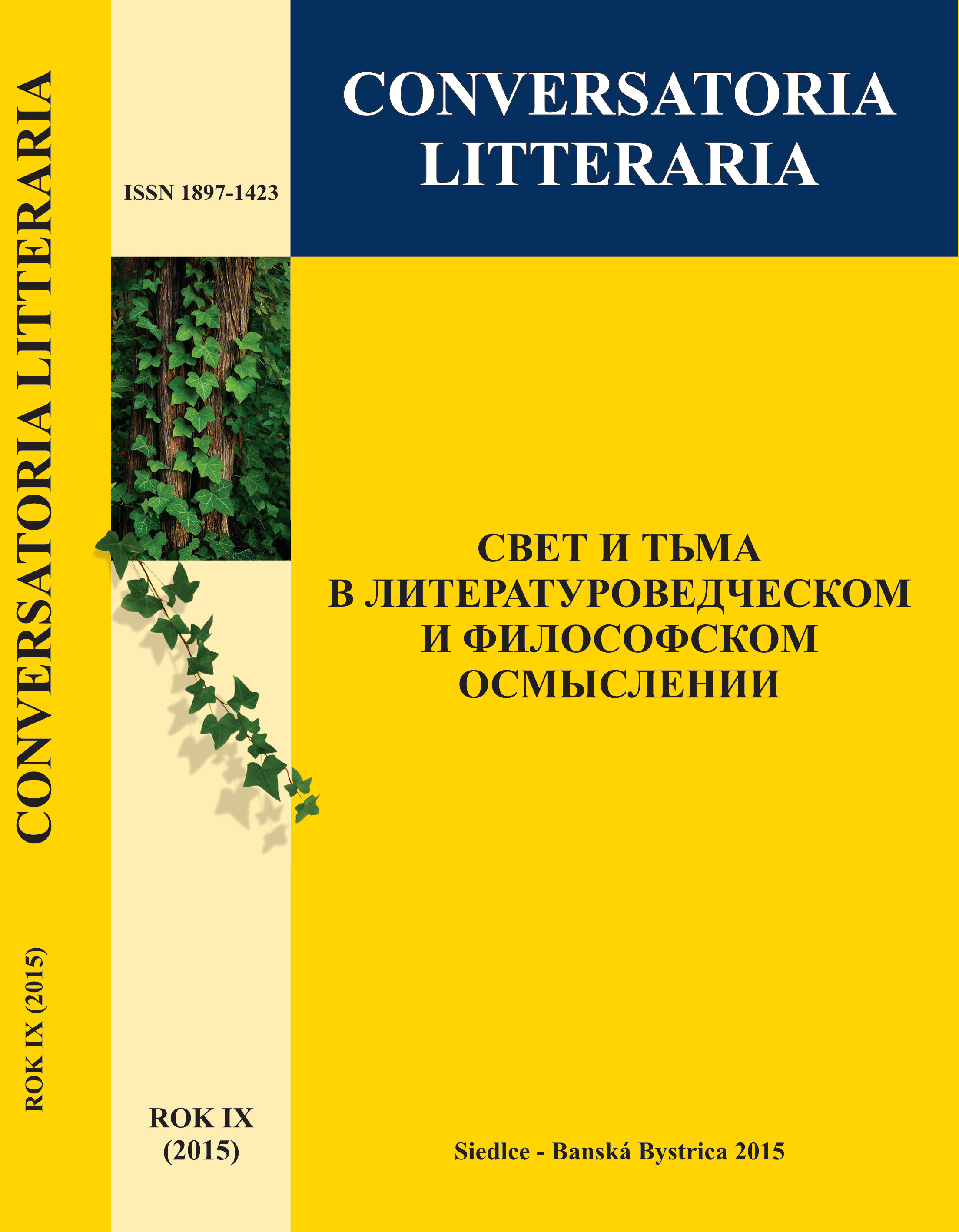Literature for Children As a Tool of Ruling Ideology in 1950s: The Negation of Childhood?
Keywords:
literature for children, ideology, Elena Čepčeková, Jozef Horák, childhoodAbstract
The study analyses the literature for the children and young people at the beginning of the 1950s, after the February 1948, when there was a sub-stantial change in culture as well as in the type of literature produced. The influence of governing communist party showed in the way the stories were composed, their main function was education, upbringing of young generation and the prose and poetry were developed according to a certain scheme. As it is shown in the poetry of Milan Lajčiak, Krista Bendová and Fraňo Kráľ, the occasional poetry from this era was full of revolutionary thoughts and the figurativeness aimed to support the „great ideas“. The prose was dominated by current themes of those times; however, it rarely reflected the reality. Children protagonists played an important role in supporting the cooperative ideas, pioneering the communist ideology in retarded villages, uncovering the kulaks and saboteurs and bringing indecisive farmers to cooperation association. However, they did not live a child-like spontaneous life full of games and happiness. Language of the characters is serious and unnatural to child protagonists. Principle of the game as well as humour is
missing. Schematism of the prose is shown on two novels: Černobodka (The Black-Spoted) by Elena Čepčeková and Pionierske srdce (The Pioneer Heart) by Jozef Horák. Both novels contain identical elements, which by its theme and expression negated the childhood, instead of its elevation by its natural attributes.




